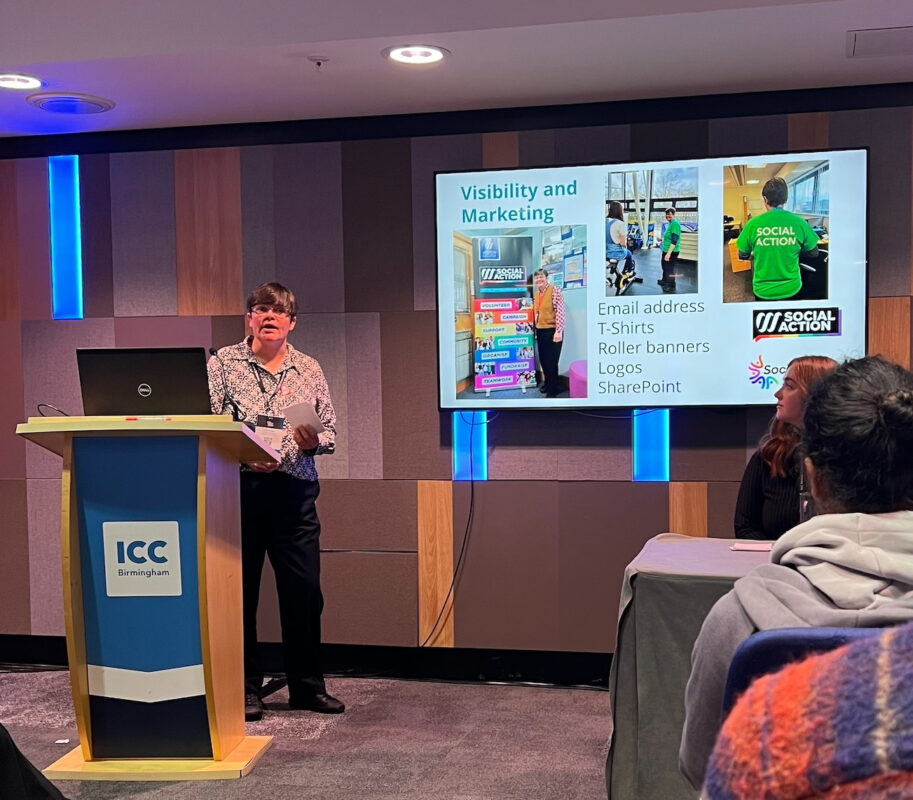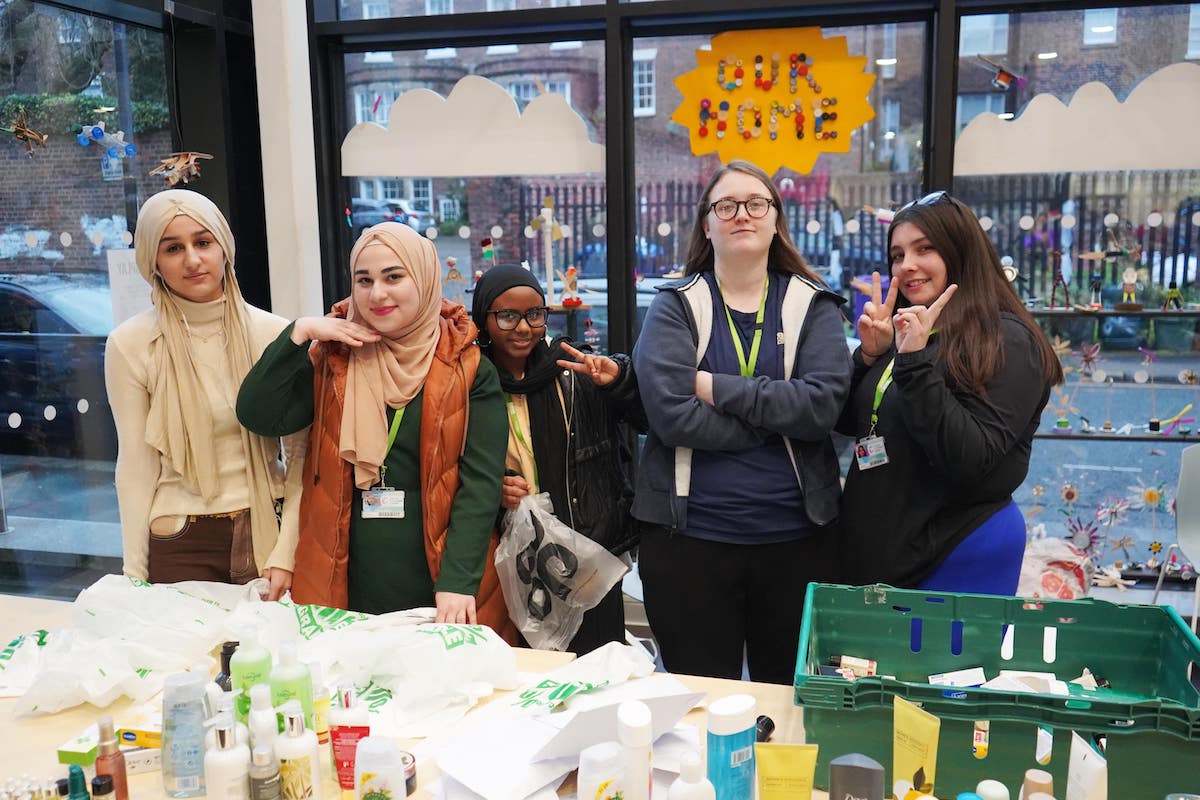Leading the Way: Inclusive Practices in Education Leadership

In part one of this series, Dr Katerina Kolyva and Dame Ann Limb discussed progress on social inclusion, particularly LGBTQI+ inclusion, within the Further Education (FE) and Skills sector. Building on this discussion, in part two, they explore the roles they play as leaders and educationalists, focusing on their efforts to foster diversity and inclusion through organisational practices and personal leadership styles.
What have your experiences been as educationalists and leaders within the sector, both in terms of effective inclusion advocacy and challenges?
Dame Ann Limb (AL): The area where I have the most experience and feel I have been able to exert influence is as the Chair of City and Guilds, both in board practices and in the leadership I strive to provide. I work closely with the Chief Executive, who also happens to be a gay woman. We want to be leaders in inclusion, right from the top. We aim to lead in harmony, ensuring our board is well-prepared and trained. However, it doesn’t just start with training; it begins with the recruitment of board members. These are voluntary trusteeships, and we ensure that our recruitment practices go beyond mere legal compliance. We actively seek to attract the widest range of candidates possible and work with others who help us achieve this diversity. The recruiters need to demonstrate that they can meet this standard. This extends to the training we then provide as board members and how we are perceived by employees as champions of these values. We have a Charter, which we call the DE&I (Diversity, Equity and Inclusion) Charter, at City and Guilds, and it applies across the organisation. It’s something we all must uphold, but it only proves meaningful if it can be challenged and can stand up to scrutiny.
In the same way we sign up to the values and strategy of the organisation, having a commitment to DE&I through a Charter is important. Implementing this in practice involves ensuring we have staff groups and different board members who take responsibility for engaging with those groups. Driving a culture of continuous learning is so important through resources shared on our intranet or bringing in our partners to deliver training.
Dr Katerina Kolyva (KK): I agree with much of what Ann has mentioned. And I’d like to add that for me, it’s about the combination of representation and mindset. I want to see role models, and I particularly want to see more women and diversity across all levels, including race, age, gender, sexual orientation, disability. On the one hand, diversity brings diverse thinking, which enriches an organisation. But sometimes boards focus too much on ticking specific boxes — like ensuring representation from particular groups — without realising that diversity of mindset is just as important. We could have all sorts of characteristics represented on a board and still not achieve the best outcomes if we don’t have the right mindset. On the other hand, there are still many instances of non-diversity. I often find myself in places where I look around and wonder what’s happening. While I acknowledge that not all aspects of diversity are visible — like faith, disabilities, sexual orientation, or even gender and age — there’s still a need for more visible diversity in leadership.
AL: Yes, we need leadership from within and outside the sector. If we are sending skilled students to employers that are also leaders in inclusion and diversity, then there will be an expectation of what a workplace should offer. The student who has gained experience in their learning will want to work for an employer where commitment to diversity and inclusion is very visible. I don’t mean visible in the sense of knowing people’s different and diverse characteristics, but rather a culture where you feel safe and valued, regardless of your contribution. So, I do think employers play an extremely key role as far as the FE and Skills sector is concerned.
By Dame Ann Limb, former Principal within Further Education (FE) colleges, current Pro Chancellor of the University of Surrey, Chair of the City & Guilds of London Institute, Chair of Governors of The Manchester College and Chair of the Lifelong Education Institute and Dr Katerina Kolyva, CEO of the Education and Training Foundation (ETF).











Responses